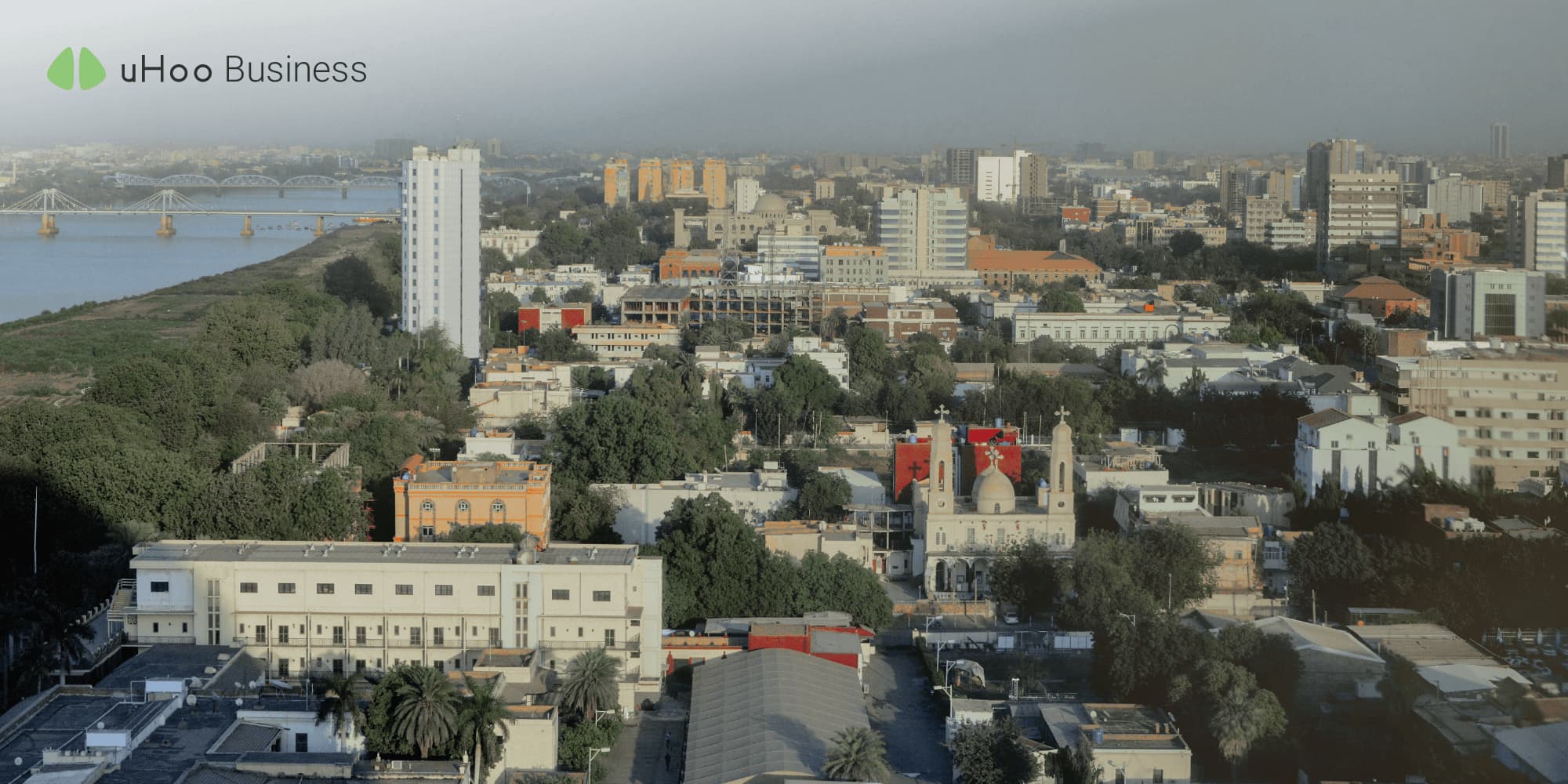
Several locations in Africa have witnessed a significant deterioration in air quality within the last fifty years, which has resulted in their cities being categorized as among the most polluted on a global scale.
A recent publication in the journal Nature Geoscience highlights the worsening air pollution crisis in Africa, where the quality of the air has been steadily declining over many years. The study underscores the urgent requirement for international intervention to tackle this concern, as it has evolved into a serious global issue.
“The burden of air pollution unjustly rests on poorer populations, and women and children, as they most likely face higher exposure to pollutants and most probably experience more impacts,“Thus, clean air actions will go some ways in redressing some of these inequalities in Africa, in addition to the benefits to health and the environment.” study co-author Dr. Andriannah Mbandi from South Eastern Kenya University, stated.
Africa’s population is estimated to nearly double to 2.5 billion by 2050, leading to an associated rise in energy demand, waste production, and the number of vehicles on the road—all of which serve as contributors to air pollution. Concurrently, Africa has been undergoing swift urbanization, industrialization, and an increase in motorized transportation. Notably, in some regions of Africa, air quality has been deteriorating at a rapid pace since as early as 1970.
Insufficient attention to addressing air pollution in Africa could potentially hinder the achievement of global climate targets. Combustion sources responsible for substantial air pollutant emissions also generate carbon dioxide (CO2) and other climate-altering pollutants concurrently. Although Africa’s current per capita CO2 emissions are only about one-fifth of the global average, carbon emissions within Africa are likely to increase significantly without the implementation of control measures. Consequently, the worsening air pollution situation in Africa is not just a concern confined to the continent itself; it has far-reaching implications globally.
Resolving the problem
Multiple initiatives have been undertaken in various African nations to combat air pollution, such as the C40 Clean Air Declaration, committed by the country’s ten major cities, which aims to enhance public health and address climate change. Additionally, initiatives founded on the increasingly cost-effective sensing approach are starting to furnish essential data for the management of air pollution. On the whole, there has been a growing determination from political authorities and active involvement from civil society in confronting the issue of air pollution over the past decade.
The study also highlighted five broad actions to reduce air pollution: the installation of continuous air-quality monitoring networks to measure pollution levels and understand spatial and temporal variations of different pollutants; investment in clean energy; improvements in solid waste management; the adoption of environmentally friendly technologies; and improvements to infrastructure.


